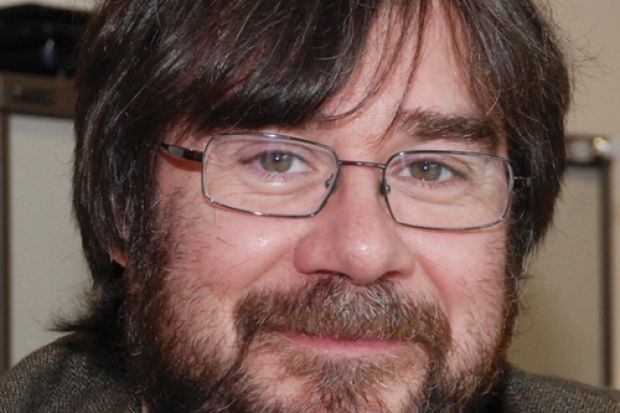Action Medical Research
Research Grants
- Award winner: Doris-Eva Bamiou
- Institution: University College London
- Value: £19,140
Auditory processing disorders: why do some children struggle to make sense of what they can hear?
- Award winner: Helen Cross
- Institution: Institute of Child Health, London
- Value: £123,892
Epilepsy in children: studying sleep and memory
Leverhulme Trust
Research Leadership Awards
Sciences
- Award winner: Gordon Florence
- Institution: University of St Andrews
- Value: £959,262
Natural product drug discovery: design and development of novel Trypanosoma brucei inhibitors
- Award winner: Jennifer Read
- Institution: Newcastle University
- Value: £960,528
Man, mantis and machine: the computation of 3D vision
Research Project Grants
Sciences
- Award winner: Giovanni Verri
- Institution: University College London
- Value: £156,792
Photoluminescence imaging and spectroscopy of painting and conservation material
- Award winner: Robin Walker
- Institution: Royal Holloway, University of London
- Value: £188,034
The role of the human midbrain in response preparation
- Award winner: Xiangbing Zeng
- Institution: University of Sheffield
- Value: £236,701
Liquid quasicrystals and their approximants
Humanities
- Award winner: Dauvit Broun
- Institution: University of Glasgow
- Value: £240,3
The transformation of Gaelic Scotland in the 12th and 13th centuries
Major Research Fellowships
- Award winner: Stephanie Moser
- Institution: University of Southampton
- Value: £86,833
British art, archaeology and the discovery of ancient Egypt
Philip Leverhulme Prizes
Earth, ocean and atmospheric sciences
- Award winner: Matt Friedman
- Institution: University of Oxford
- Value: £70,000
Vertebrate palaeontology and evolution
In detail
Engineering and Physical Sciences Research Council
Award winner: Ian Glover
Institution: University of Huddersfield
Value: £670,000
Scalable non-invasive radiometric wireless sensor network for partial discharge monitoring in the future smart grid
When the insulation of cables and other power equipment at substations becomes old or damaged, it radiates microwave energy. Traditionally, this partial discharge has been detected by a technician walking the substation with a radio receiver. Such detection methods are insufficient because “equipment can degrade very quickly” and, in the worst cases, can explode, said Ian Glover, who has been appointed professor of radio science and wireless systems engineering in conjunction with this grant. He will lead the project, which aims to develop principles for centrally monitored wireless sensor networks. “You get a quicker diagnosis and it means you can move from planned maintenance to condition-based maintenance,” he said. “You don’t have to maintain everything quite so often if its health is being measured all the time.” This would produce savings and reduce the likelihood of power cuts.
Register to continue
Why register?
- Registration is free and only takes a moment
- Once registered, you can read 3 articles a month
- Sign up for our newsletter
Subscribe
Or subscribe for unlimited access to:
- Unlimited access to news, views, insights & reviews
- Digital editions
- Digital access to THE’s university and college rankings analysis
Already registered or a current subscriber?
